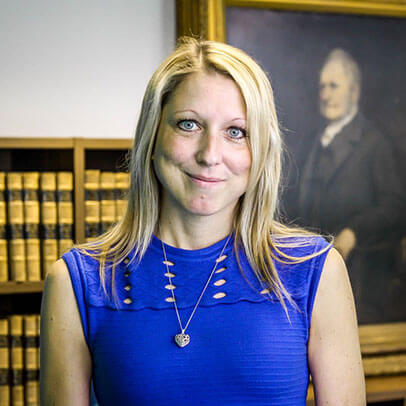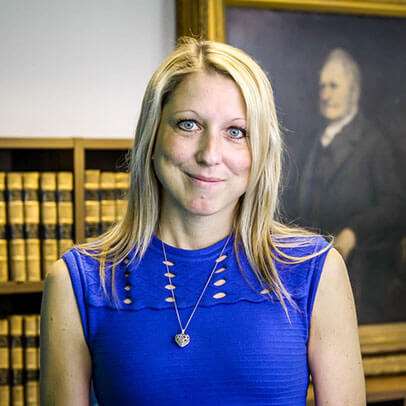Making a Will and funeral arrangements

Death is one of the most emotional subjects, and many do not like to address the issues surrounding their last wishes and the arrangements.
Making your wishes known to your loved ones can alleviate some of the stress at this difficult time.
Suzanne Porter, head of the private client team at Wake Smith Solicitors, looks at how your wishes can be made clear to others.
The article covers:
- What instructions should be written down?
- The best tips
- Leaving your body to medical science
- Inform your next of kin and executors
- Donation is regulated
- Your next move?
What instructions should be written down?
Instructions in a Will should include:
- confirmation of who you want to inherit your assets (the beneficiaries)
- details of who will carry out your wishes for you (the executors)
- instructions regards the care of minor children (the guardians), and
- the type of funeral arrangements you want.
The best tips:
Make a Will specifying your wishes
Your Will is where you should record all of the details relating to your beneficiaries, executors, and guardians.
Making clear arrangements will avoid any potential disagreements at this stressful time.
Identify specific instructions
Write down a list of informal instructions in a document that is separate from your Will. This should specify wishes such as whether you want a funeral or memorial service, a gathering of friends and family, and a burial or cremation.
Let your loved ones know you have created this document and where they can find it, when needed.
Talk about your wishes
It could be as simple as saying that you would never want to be buried, or you would never want to be cremated. This helps ease stress and anxiety during a difficult time and gives your loved ones a general idea about what you would want.
Leaving your body to medical science
Tens of thousands of people have already made the decision to leave their body to medical science, and about 600 do so each year.
We are able to include a clause in your Will, covering this very issue. This helps to support the training of medical students and the advancement of surgical techniques.
Clearly those who choose to donate their bodies for the purpose of medical science are not the only people affected by the decision.
Their families are also affected and it can take time for loved ones to come to terms with a decision like this.
Inform your next of kin and executors
If you wish to donate your whole body for medical training it is essential that you make your wishes known in writing and that this is witnessed, before you die.
You should inform your next of kin and the executor of your will, if this is not the same person. They will not be allowed to arrange whole body donation if you have not given consent yourself during your lifetime.
Locally, the University of Sheffield's medical school can provide information and the necessary paperwork to accept donations. Often the people that we see have already been in touch with the medical school and completed the necessary paperwork.
Donation is regulated
Donation is regulated in England and Wales by the 2004 Human Tissue Act which established the Human Tissue Authority to regulate and license removal, storage and use of body parts and organs.
Potential donors must sign a witnessed consent form stating what their body will be used for and how long it can be kept. Donors can specify whether their body is kept indefinitely, or for up to three years.
Donation is not always possible for a body and depends on both the requirements of the medical school at the time, and also the circumstances of the death.
Where there is a whole body donation, the funeral is usually arranged by the medical school. A memorial service can also be arranged, to which families are invited.
If you are thinking of donating your body in this way, it is important to remember that if the circumstances of your death mean donation is not possible, the cost of your funeral will have to be met by your estate in the usual way.
As soon as possible after death, those making the arrangements should contact the nearest medical school and other professionals (such as your solicitor), who will provide advice and information on what happens next.
This ensures the necessary administrative procedures are started promptly to meet the timescales required by medical schools.
Your next move?
Whatever you choose to happen to you after death - make sure your loved ones are aware of your last wishes.
If you would like to talk about making your last wishes known and writing a Will call Suzanne Porter in the Private Client team at Wake Smith Solicitors on 0114 266 6660.
Find out more about Wills and estate planning services
Published 26/07/22

About the author
Director and Head of Wills and Probate










